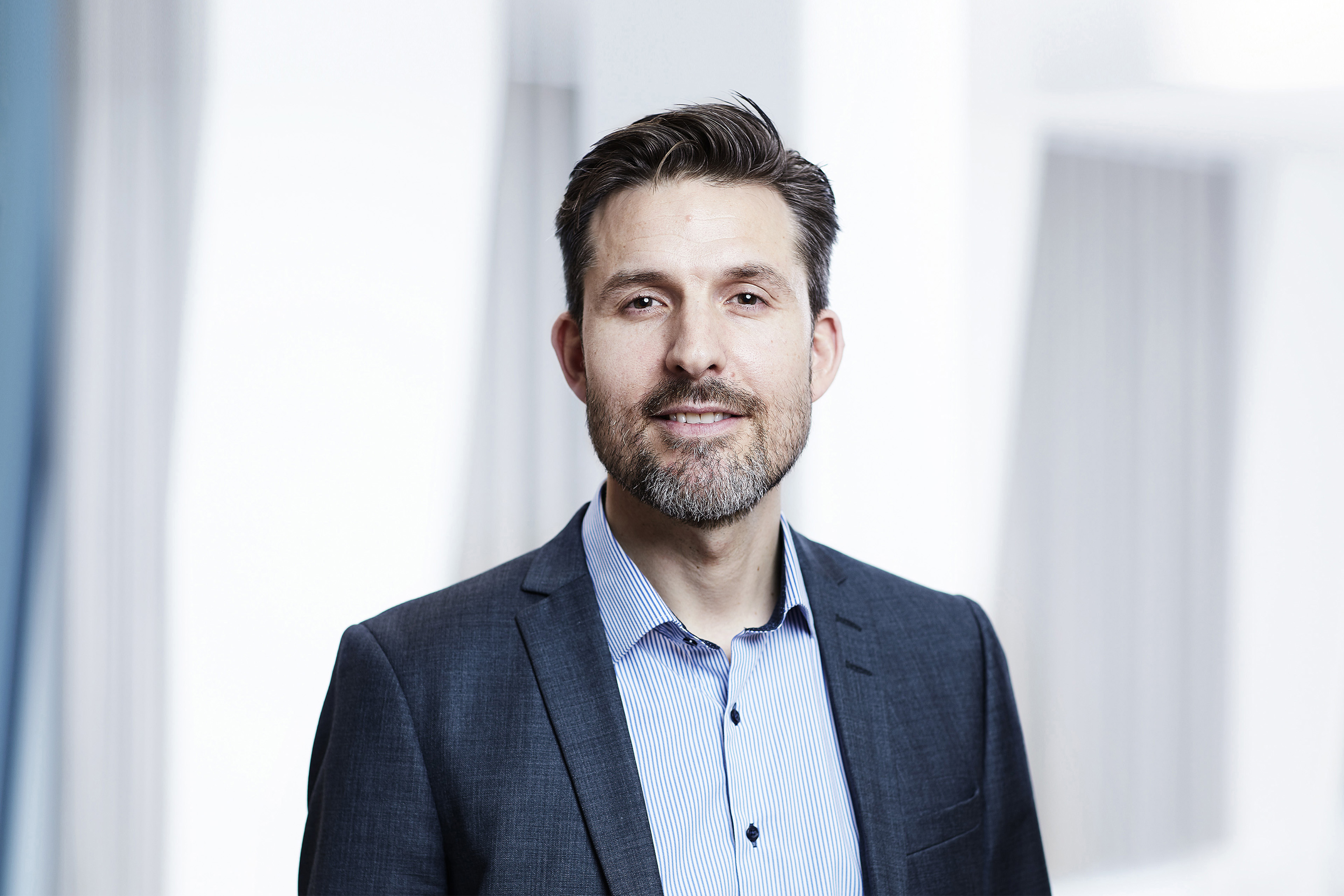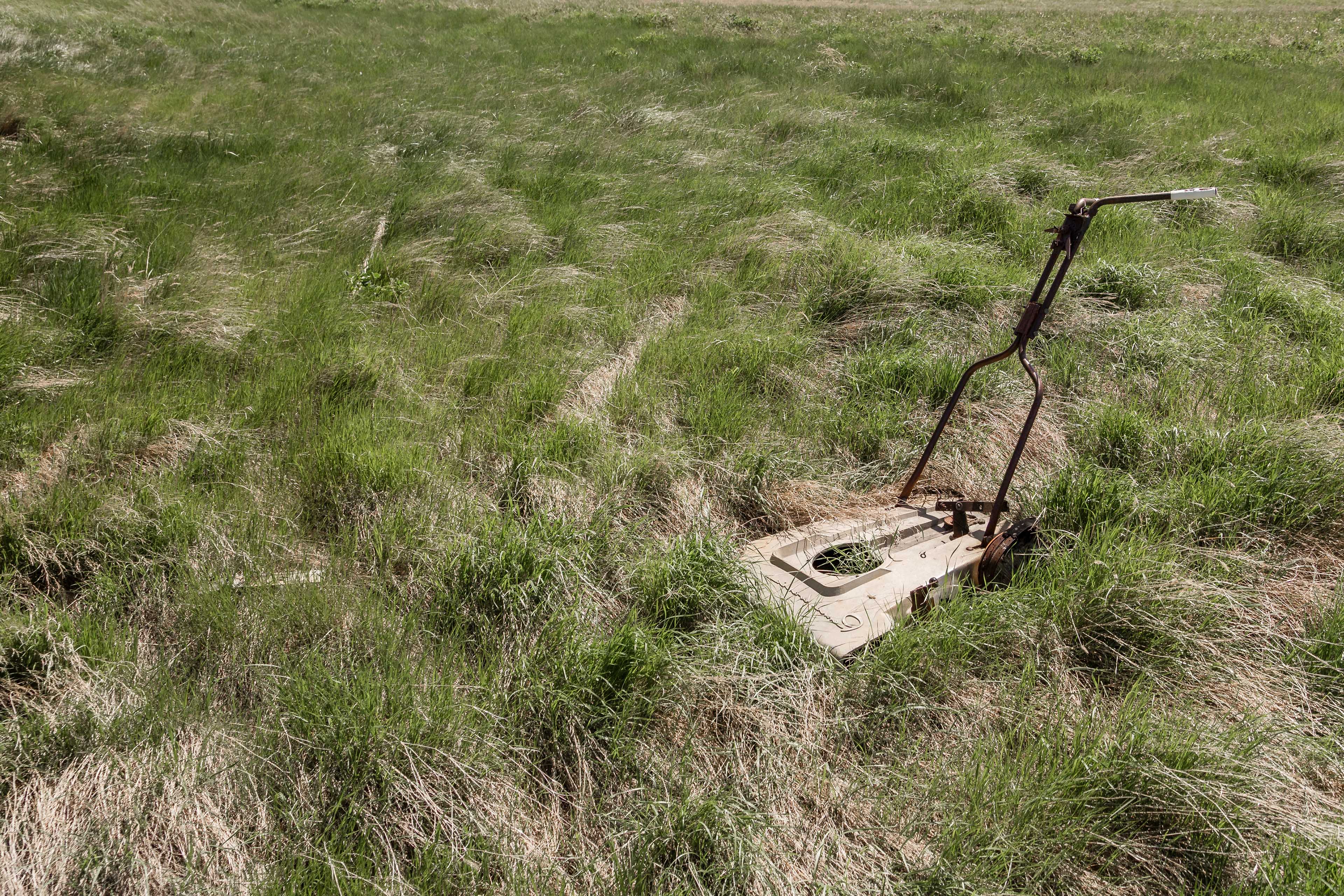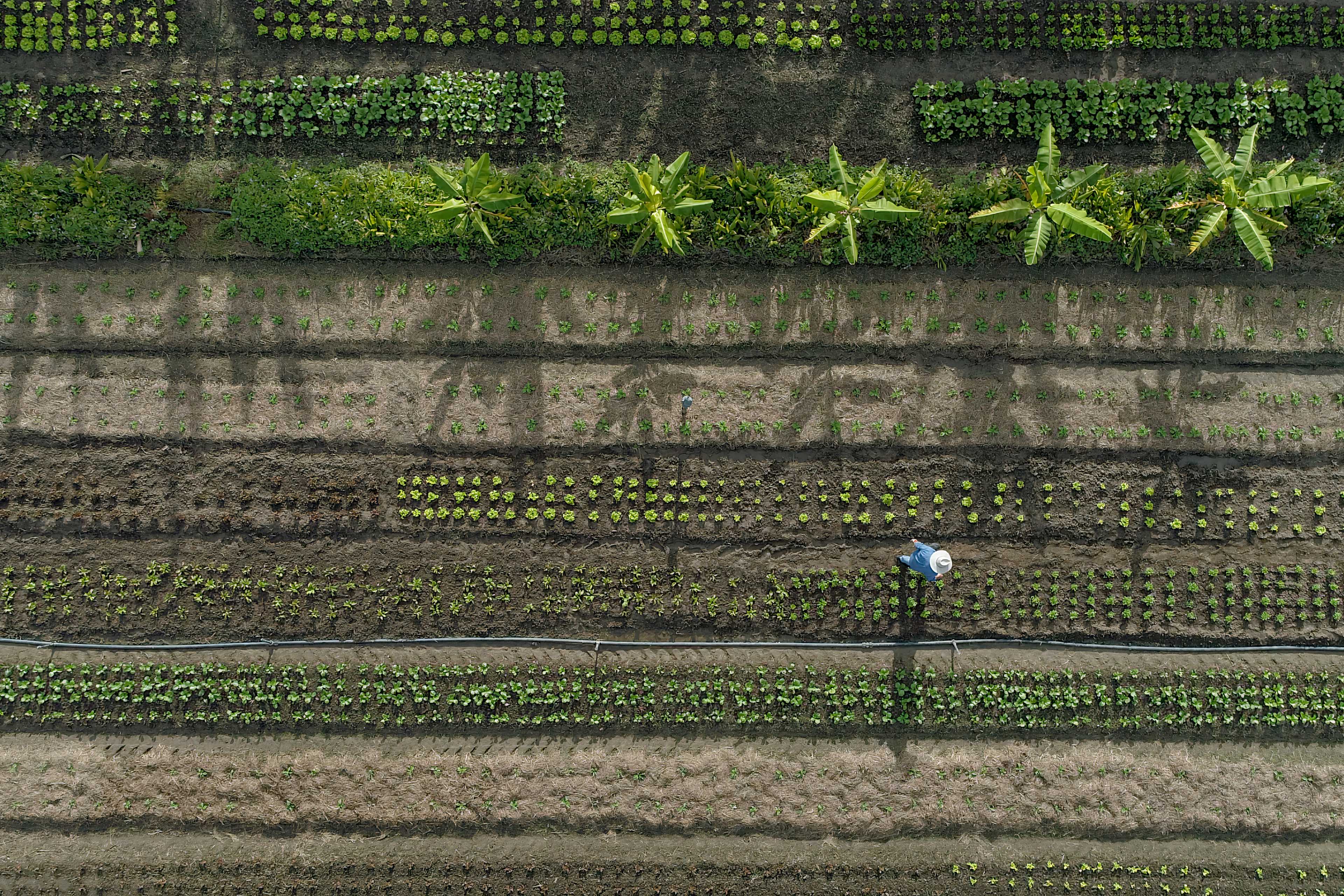“Leading practice in this type of acquisition, is to be aware of how the due diligence informs the integration process,” says Mads Steensen, Partner, EY-Parthenon, EY-Parthenon Godkendt Revisionspartnerselskab. The linear management of an acquisition that starts with due diligence before planning the integration is ineffective: it’s important to consider all the processes together.
“This is what we mean by an end-to-end approach, where you consider the integration principles from the very start. You need to focus on how the organization will operate on the day when the company is actually transferred,” Steensen says.
Anders Tuxen, Associate Partner, EY-Parthenon, EY-Parthenon Godkendt Revisionspartnerselskab, points out that in cases where serious efforts are not put into the integration planning up-front, companies have no option but to resort to comprehensive quick fixes after closing. These unforeseen integration errors can put a burden on organizations for a long time.
Preparing for “Day 1” starts with due diligence, across all the company’s functions — operational, regulatory, tax, finance and HR. To support each major work stream, the EY-Parthenon organization brought consultants from across the firm to the project, across ten geographies. Depth of sector experience, an integrated team, and experience of successful carve-outs were all critical to ensuring that when “Day 1” finally came, there was no drama.
“On the day of the transfer, nothing [unforeseen] happened. Some would even call it an anti-climax. We had prepared for this day for several months and then everything fell into place just as it should,” says Ulrik Markussen.









